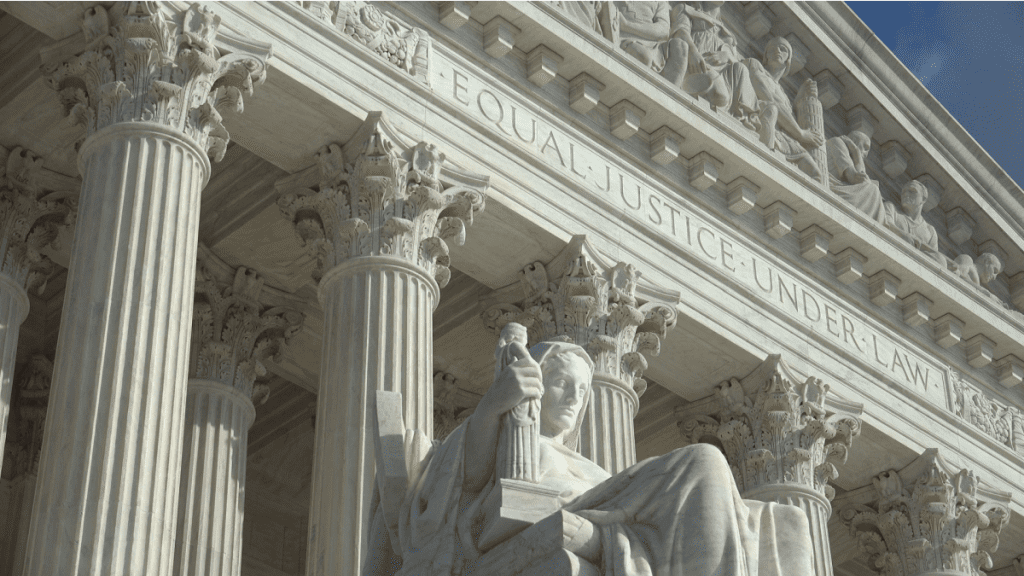
US intelligence agencies’ secret data collection exposed with classified documents unveiling extensive surveillance of US citizens.
- A panel of experts appointed by the Director of National Intelligence and the clandestine deals made with data brokers.
- The legal implications, reactions from privacy advocates, and the blurred lines surrounding the government’s definition of “publicly available information.
United States – In an unveiling that will go into the history of human rights breaches, classified documents revealed that the United States government has been accumulating an all-encompassing trove of information about its own citizens. The severity of this situation has been detailed by a panel of well-established experts appointed by Avril Haines, the Director of National Intelligence.
In other words, the government has been quietly gathering endless data and details about the smallest detail of your lives, without anyone knowing. And this, clearly, is not sitting well with privacy advocates.
To put it mildly, this is a nightmare scenario for the public and privacy defenders, alike.
A panel of privacy defenders, appointed by none other than the Director of National Intelligence revealed a labyrinth of secret deals made between data brokers and the intelligence community.
“This report reveals what we feared most,” expressed policy attorney at the nonprofit Demand Progress, Sean Vitka.
“Intelligence agencies flouting the law and buying information about Americans that Congress and the Supreme Court have made clear the government should not have.”
So basically, intelligence agencies (also referred to as governmental agencies) are breaking the law. Established to collect and assess information related to national security, foreign relations, counterintelligence, and other areas of governmental interest, have directed their attention toward their own citizens.
We understand. It’s a delicate dance for intelligence agencies to fulfill their mission effectively while respecting the rights and privacy of their own citizens.
The most enigmatic aspect of this whole story is that the government ‘thinks’ it’s perfectly legal.
The Office of the Director of National Intelligence disregarded WIRED’s request to comment, and several senior advisory panel members’ names that played a part in this scheme were fittingly hidden in the report. The ranks of former members encompass prominent individuals, including former officials from the CIA and influential leaders from the defense industry.
US Senator Ron Wyden (D) has been on their case, pushing Haines to release the report to the public, and finally, after a long legal tussle with the Electronic Privacy Information Center (EPIC), the report sees the light of day.
“I’ve been warning for years that if using a credit card to buy an American personal information voids their Fourth Amendment rights, then traditional checks and balances for government surveillance will crumble,” the Senator said.
But here’s where all this gets ever more peculiar.
The US government had set its own definition of what can be deemed as ‘publicly available information.’ We call that blurred lines; in case you were wondering.
So, the data thrown around is far more revealing and critical, and it’s available in bulk, harder to escape, and less understood than what we traditionally think of as ‘public knowledge.’
According to the US government, its intelligence agencies believe they have the utmost authority to track the phones of millions of Americans without issuing any warrants to legally support their claims to do so. For this reason – following the government’s justification – they’re purchasing the information, therefore, it’s ‘publicly available.’
Yet, if the government were to request direct access to your phone’s location, they’d need a judge’s approval. If they were playing by the books.
Just a simple case of what we like to call, ‘a slippery slope.’
Inside Telecom provides you with an extensive list of content covering all aspects of the tech industry. Keep an eye on our Ethical Tech section to stay informed and up-to-date with our daily articles.